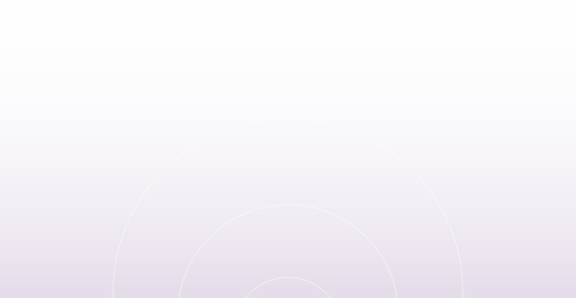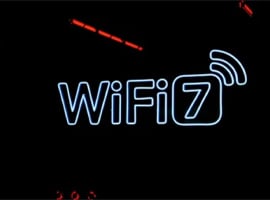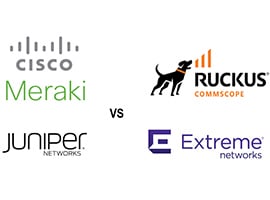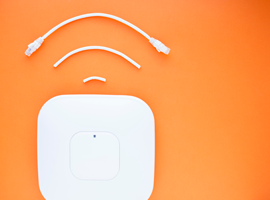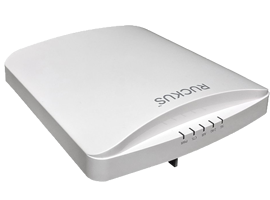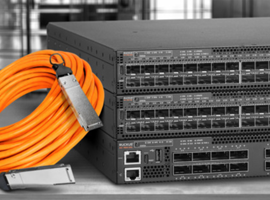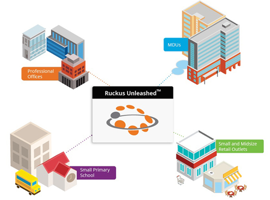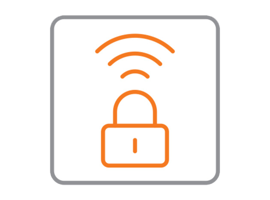RUCKUS Wireless vs. Meraki: Comparison
Both RUCKUS Wireless and Meraki provide enterprise-grade wireless networking solutions, including cloud management platforms and Wi-Fi access points (APs). Investing in a new wireless ecosystem comes with high costs, implementation headaches, and the risk that you won’t get the coverage and performance required for your business to stay competitive. In this guide, the Wi-Fi experts at WAV compare RUCKUS Wireless vs. Meraki on important factors such as ease of use, performance, and cost of ownership to help you make the right choice.
Need more help comparing RUCKUS Wireless vs. Meraki? Reach out to WAV to learn more about RUCKUS access points, switches, and cloud management solutions.
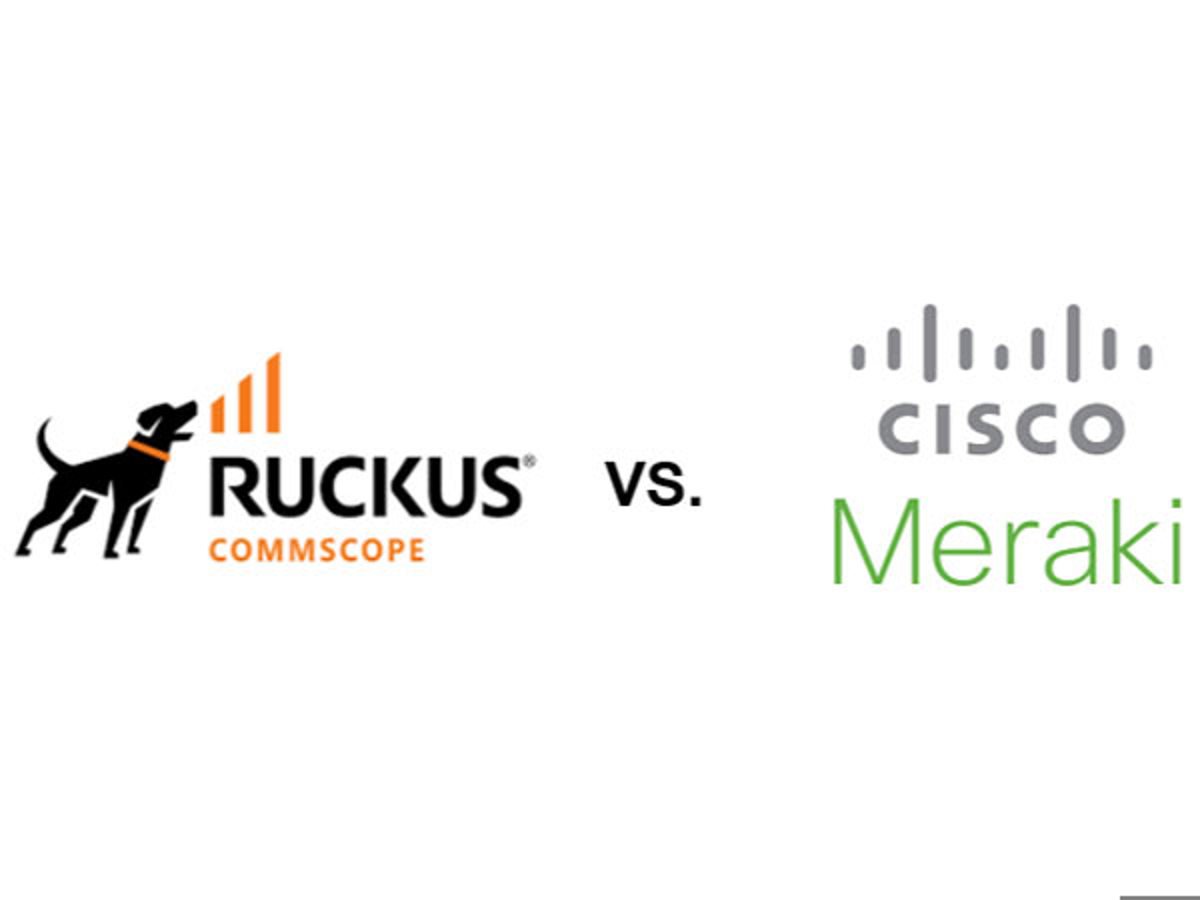
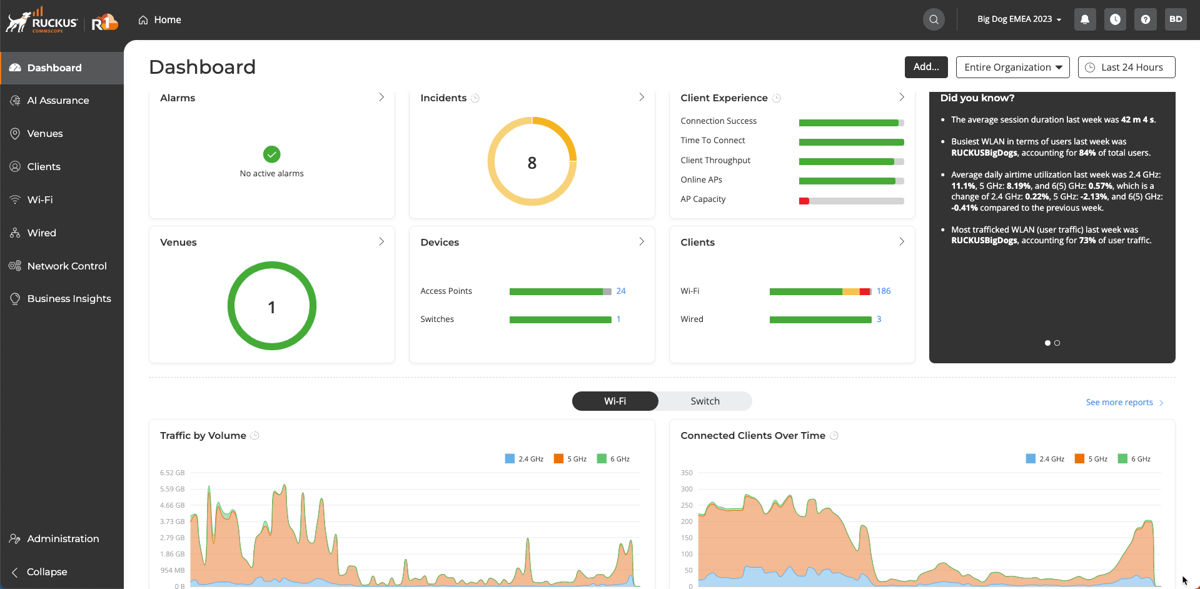
RUCKUS Wireless vs. Meraki: Ease of Use
Meraki’s cloud management dashboard is intuitive, providing a single pane of glass for all services and enabling easy scalability. However, configuring, deploying, and managing Wi-Fi networks is easier with RUCKUS. RUCKUS simplifies device security with Dynamic PSK and Cloudpath onboarding, and the SmartZone wired/wireless management platform is highly flexible and scalable. Plus, the entire RUCKUS product line supports standard-based APIs for easy integrations and enhanced automation capabilities.
Verdict: RUCKUS Wireless prioritizes ease of use with simplified, scalable cloud management solutions.
RUCKUS Wireless vs. Meraki: Performance
Meraki access points (APs) offer limited coverage and performance, recommending no more than 30 devices per radio. RUCKUS APs, on the other hand, deliver superior Wi-Fi performance even in challenging environments. RUCKUS’s BeamFlex smart antenna system and ChannelFly automatic capacity management technology means you can connect more clients over a greater distance without reducing performance. Plus, the RUCKUS AP portfolio includes options for high-density and outdoor environments to ensure consistent speed and reliability in any deployment scenario.
Verdict: RUCKUS Wireless APs are independently validated to deliver superior performance over Meraki.
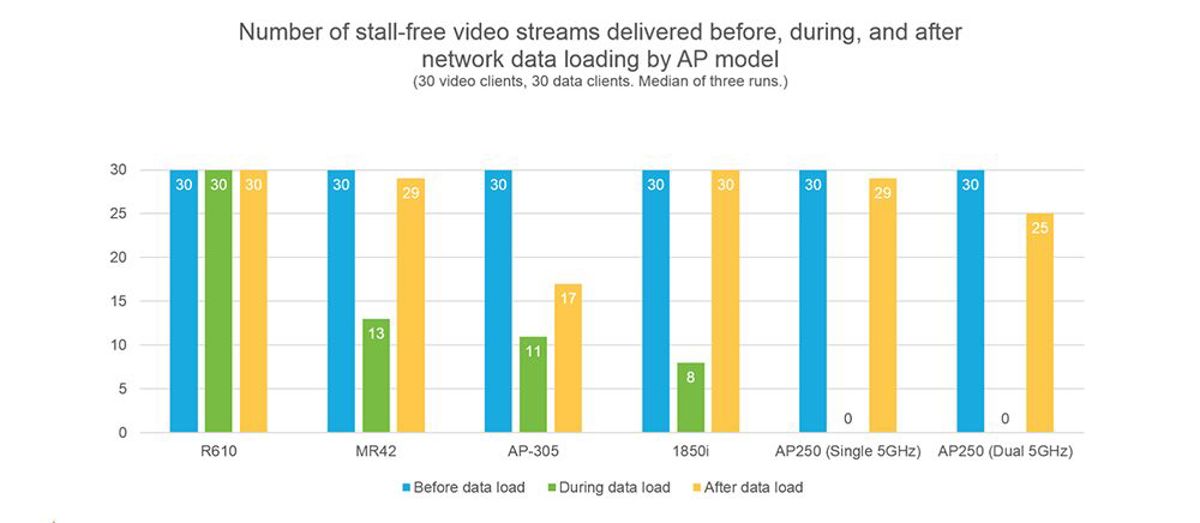

RUCKUS Wireless vs. Meraki: TCO (Total Cost of Ownership)
Due to performance limitations, a Meraki deployment requires more APs, which means more subscriptions, more switch ports, and more cabling. Each individual license is more expensive than RUCKUS subscriptions, so the combination of more equipment and higher list prices results in a higher TCO (total cost of ownership). RUCKUS APs cover more clients without performance degradation, and a vast catalog of devices and services means you can right-size your investment without sacrificing features or reliability. A RUCKUS deployment is also adaptable and scalable, allowing you to switch between on-premises, cloud-managed, and controllerless architectures as needed to support your business.
Verdict: RUCKUS Wireless offers a lower TCO with high-performance APs and flexible deployment architectures.
Comparing RUCKUS Wireless vs. Meraki
| Criteria | RUCKUS Wireless | Meraki |
| Ease of Use |
|
|
| Performance |
|
|
| TCO (Total Cost of Ownership) |
|
|
When comparing RUCKUS Wireless vs. Meraki, the verdict is clear: RUCKUS delivers an easier management experience, superior performance, and a lower TCO. As a trusted RUCKUS distributor, WAV can help you find the right wireless networking solutions to meet your business goals. Joining our RUCKUS Partner Program gives you access to priority stock and white glove support so you can maximize your wireless investment while reducing management headaches.
Want to see how RUCKUS stacks up against another competitor? Read Ruckus Networks vs. Ubiquiti: Which Is The Best Solution For 2023?
To learn more about the benefits of joining the RUCKUS Partner Program, or for more help comparing RUCKUS Wireless vs. Meraki, reach out to the wireless experts at WAV today.
With so many benefits to becoming a RUCKUS Networks Partner through the WAV Partner Program, the choice is easy. As a wired and wireless equipment distributor specializing in connecting your customers, we are proud to be a trusted RUCKUS Networks distributor with the largest and most consistent stocking position in the market for our WISP, ISP, and integration partners.

